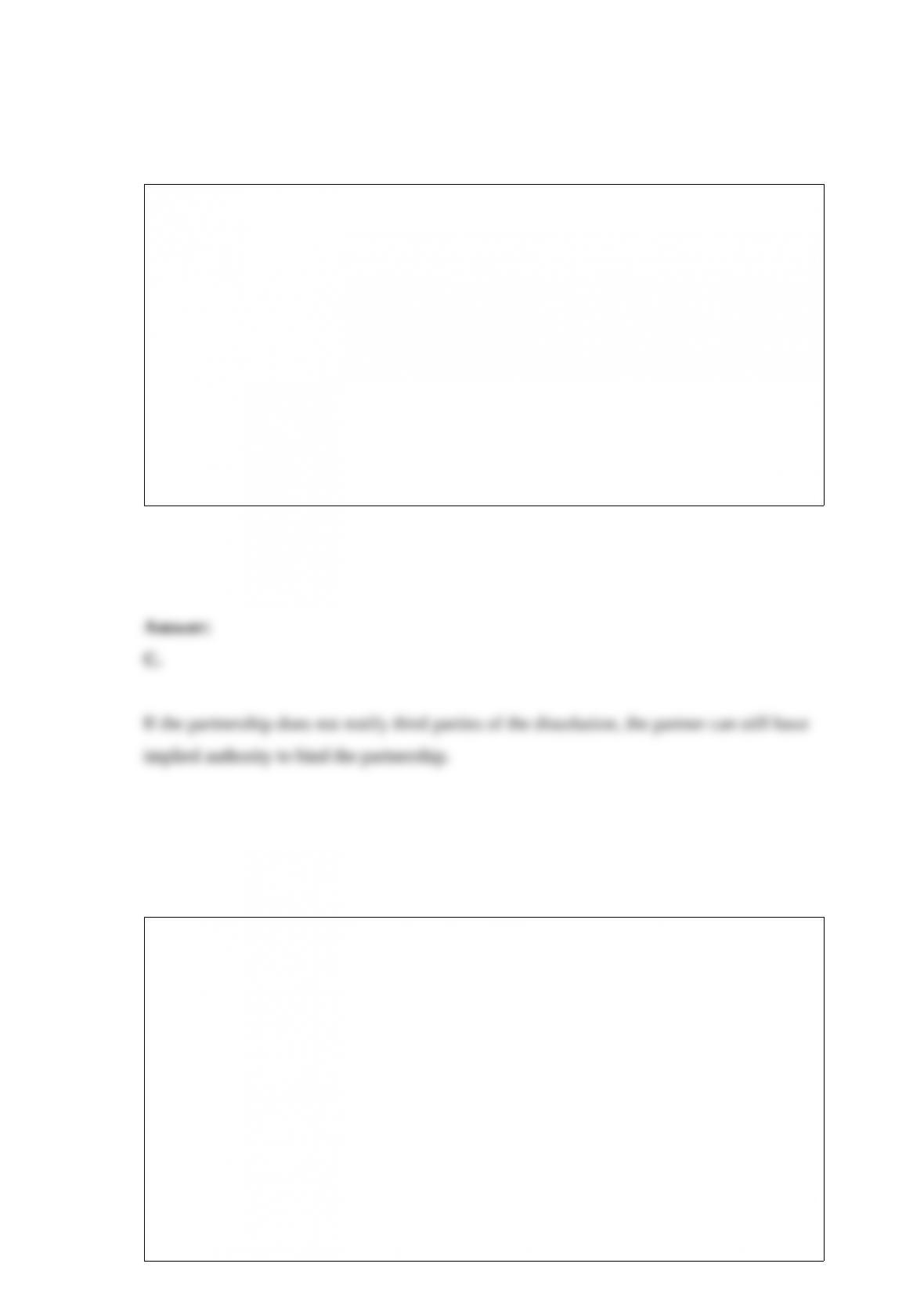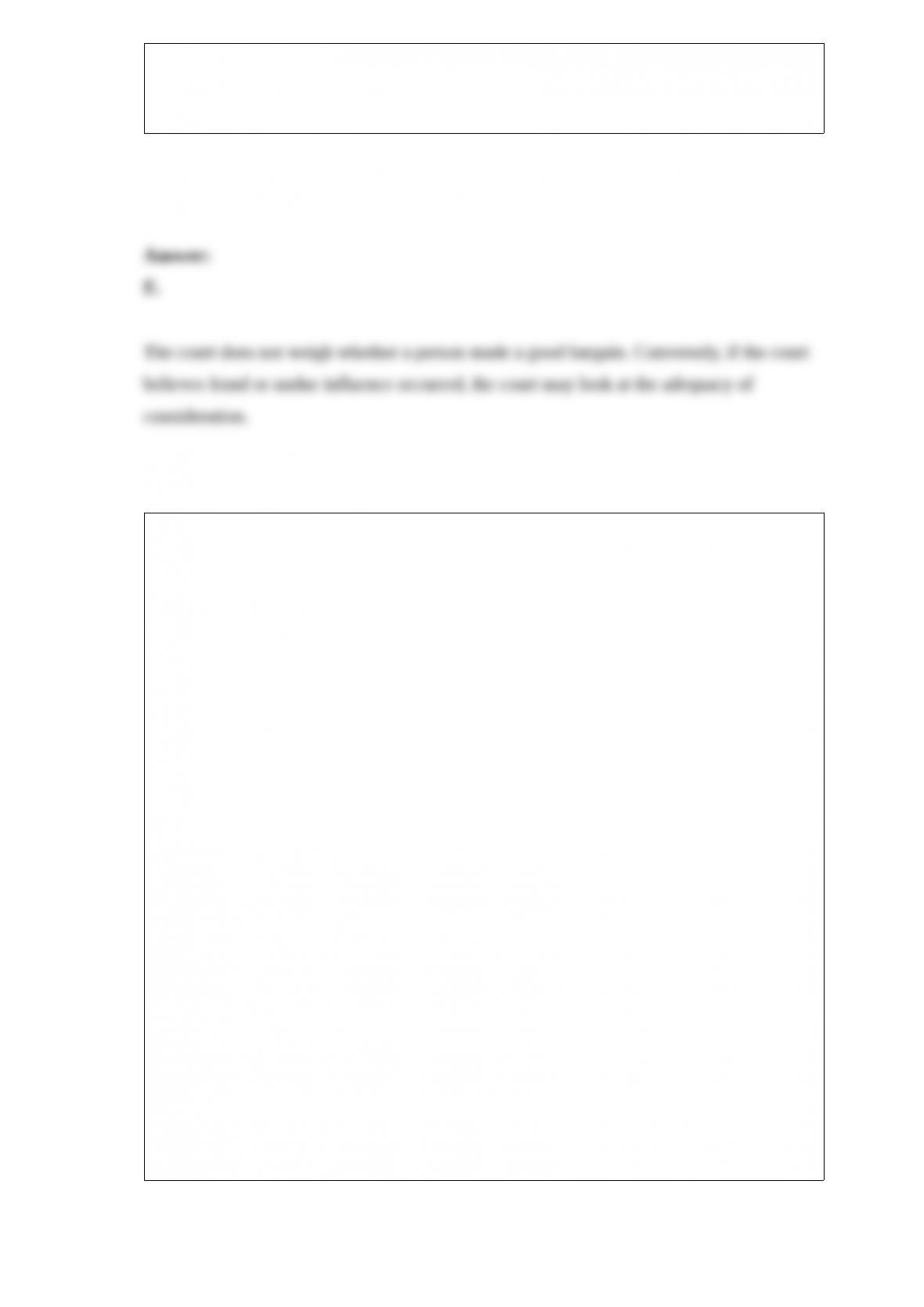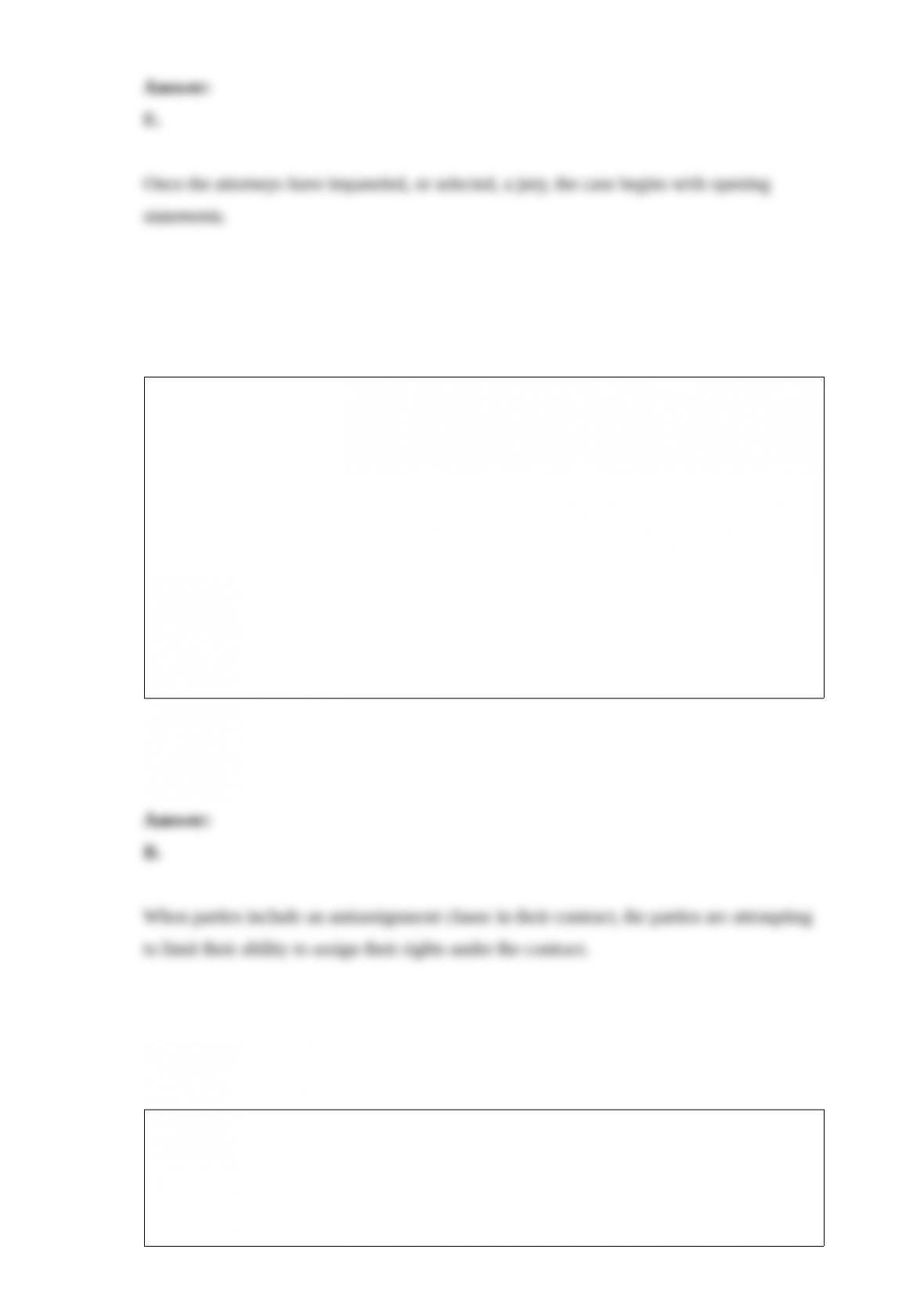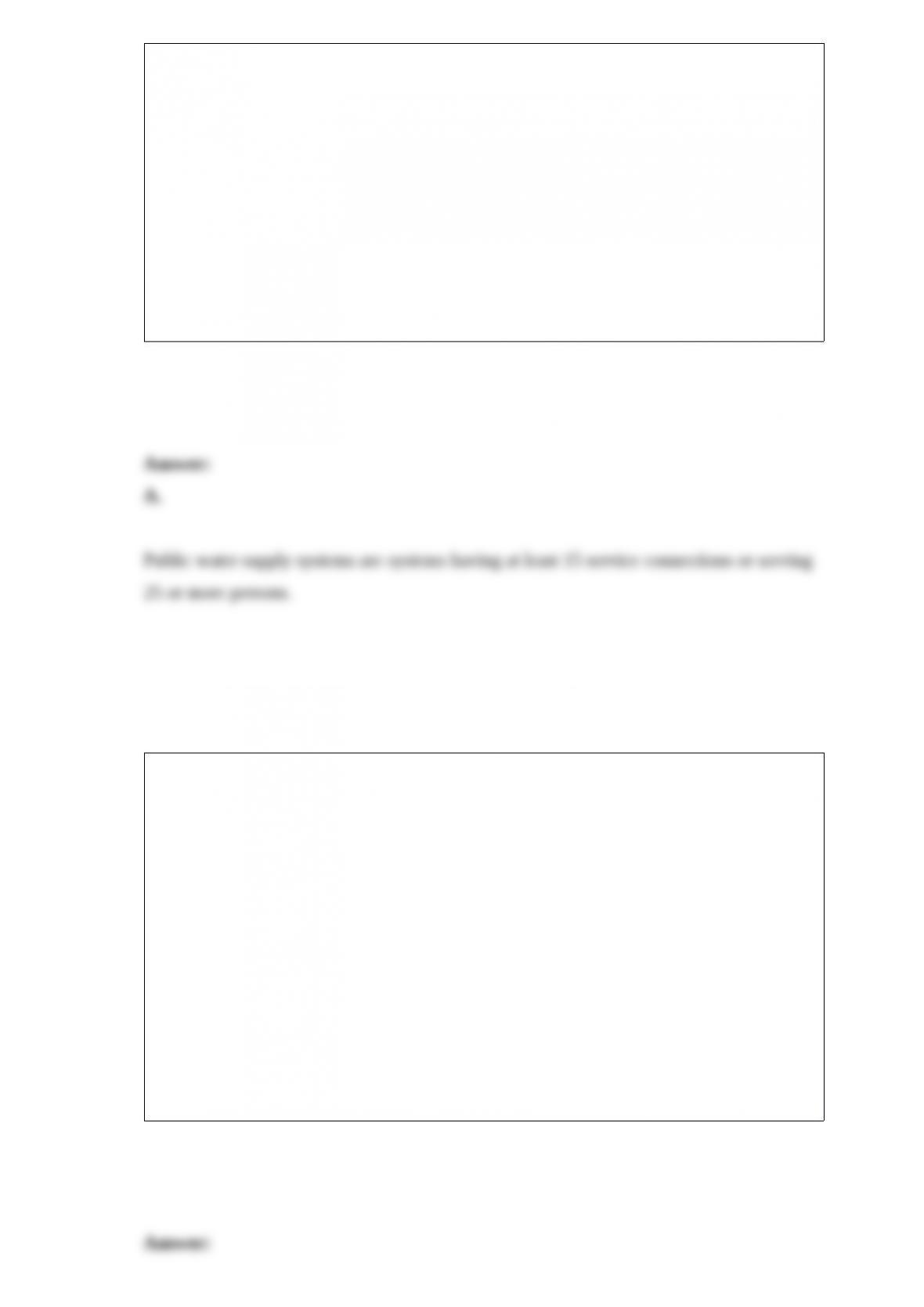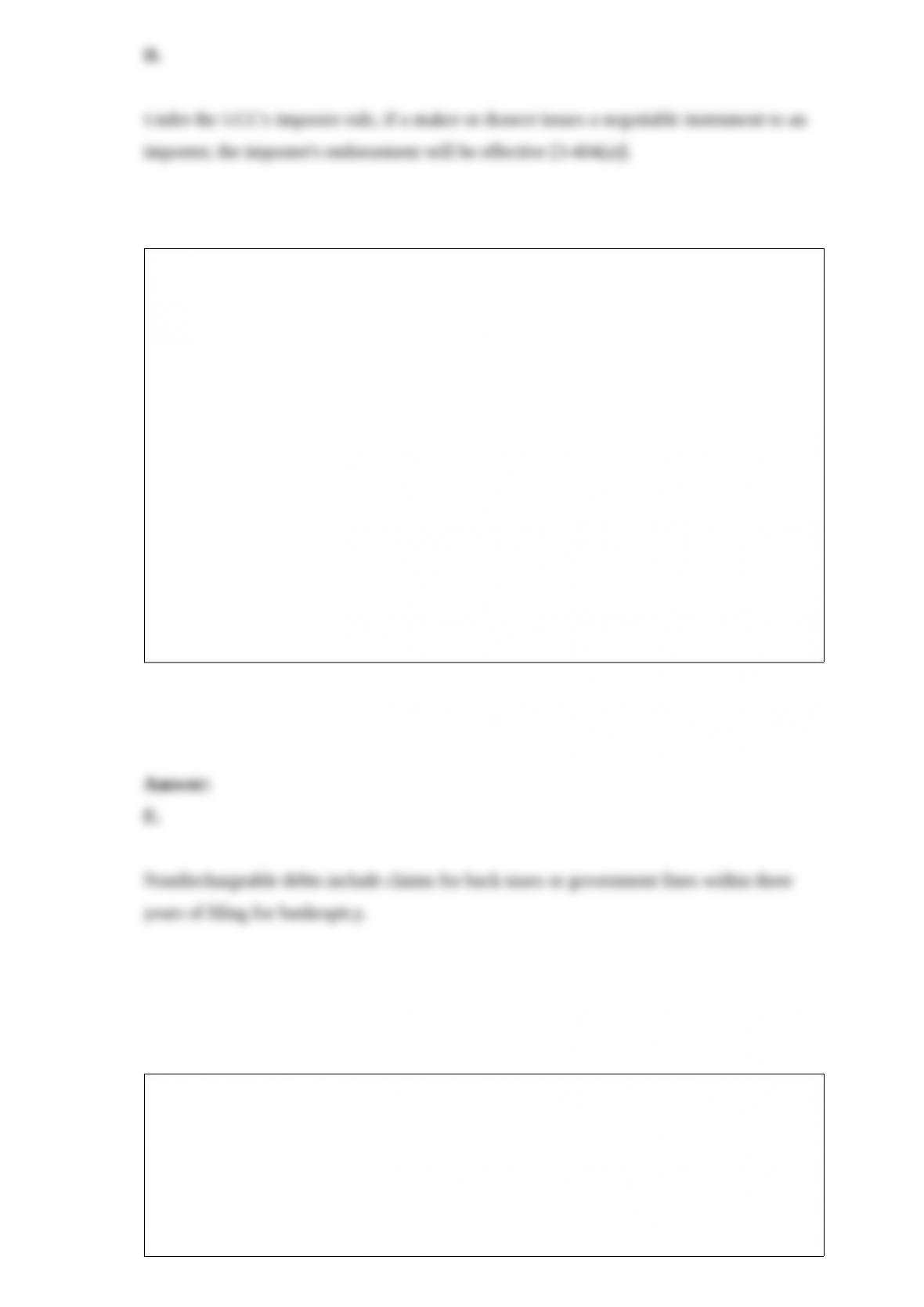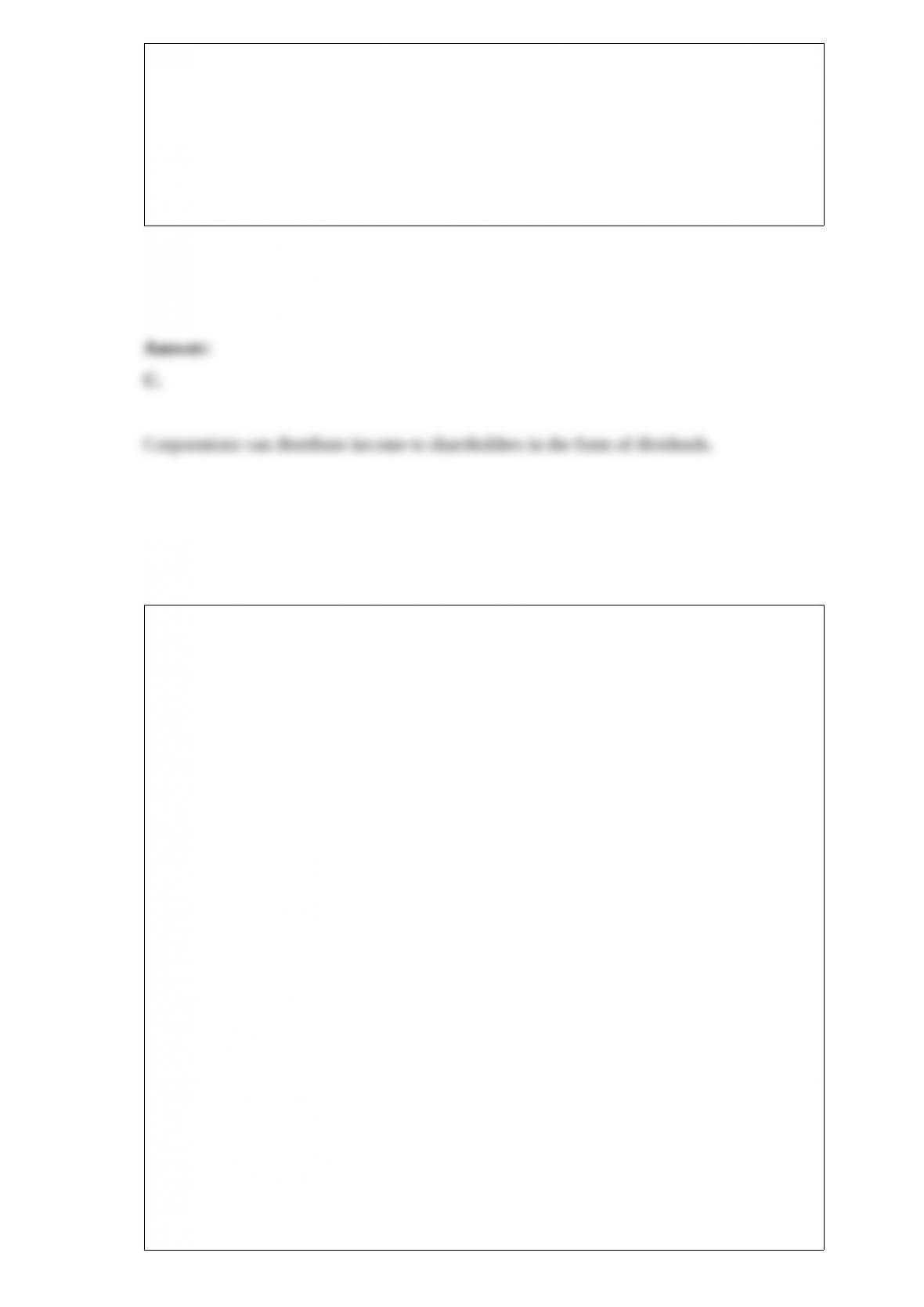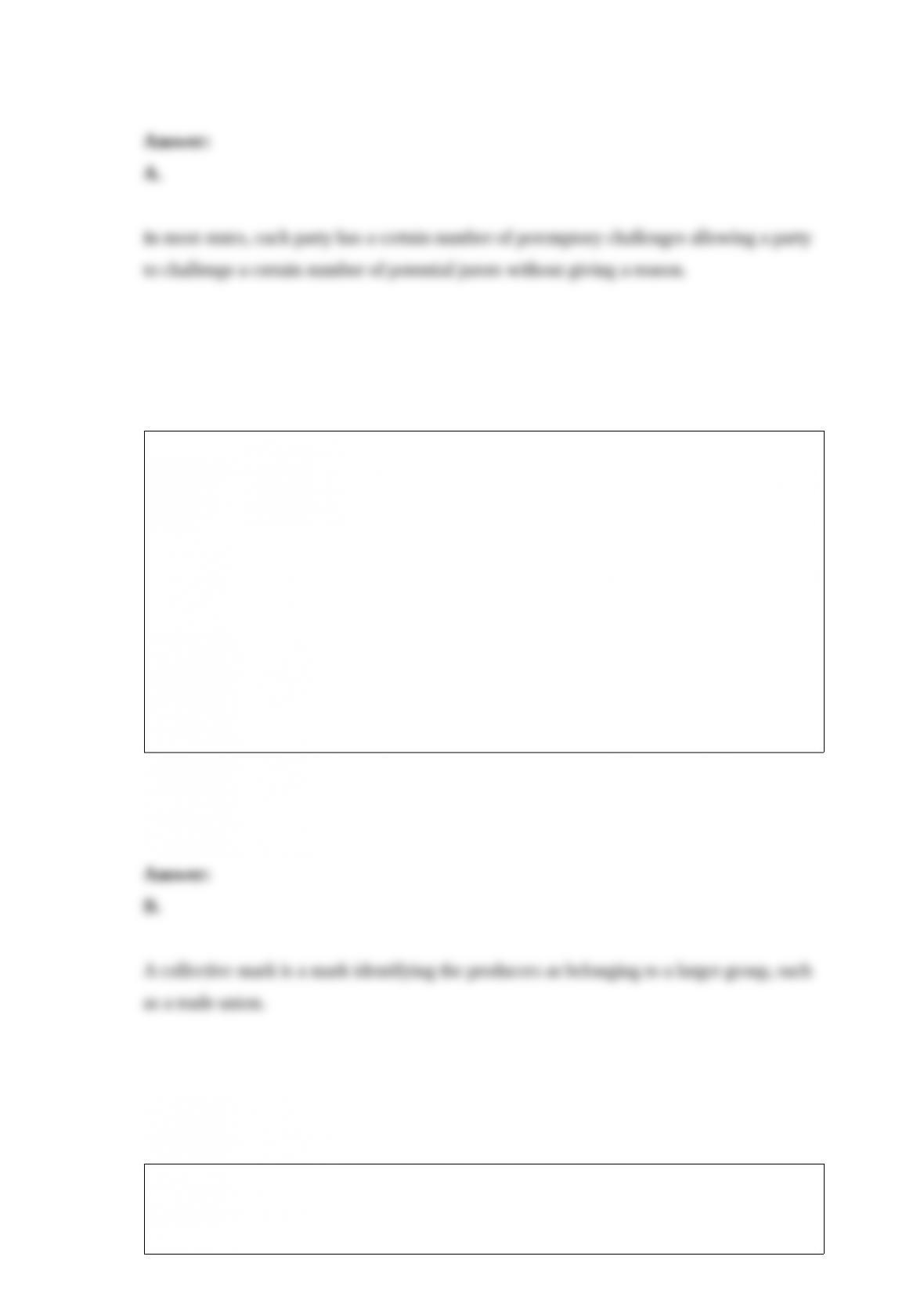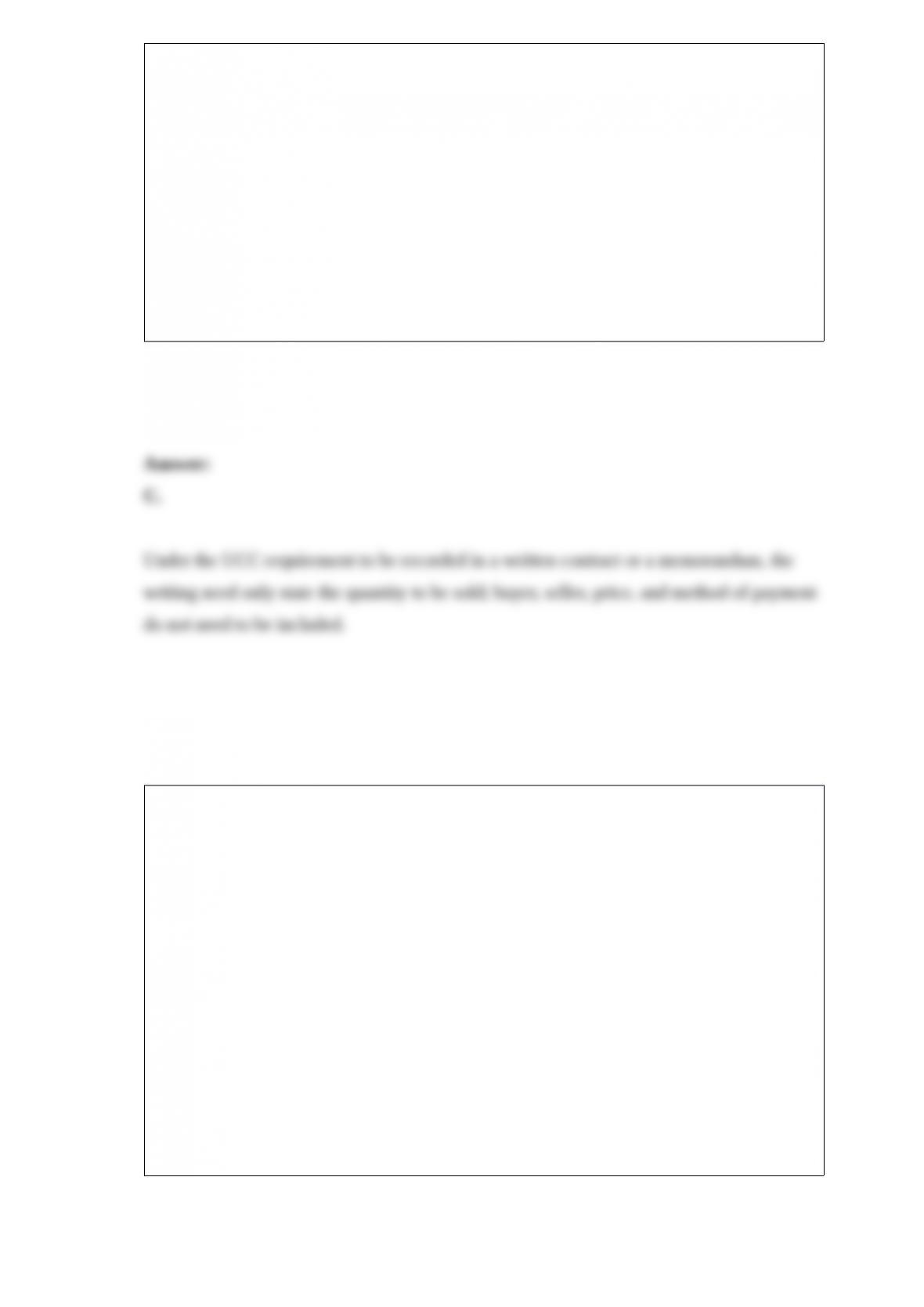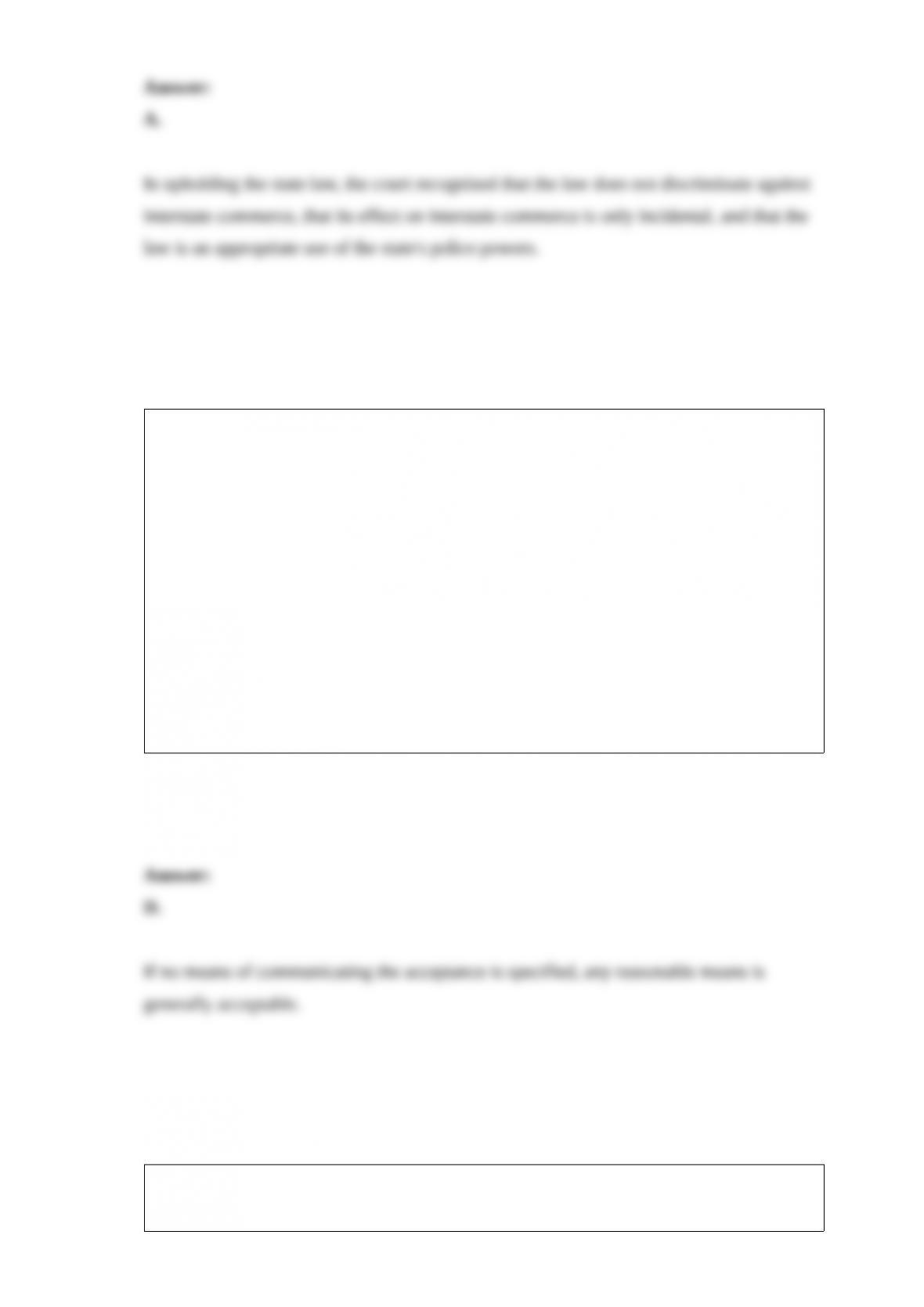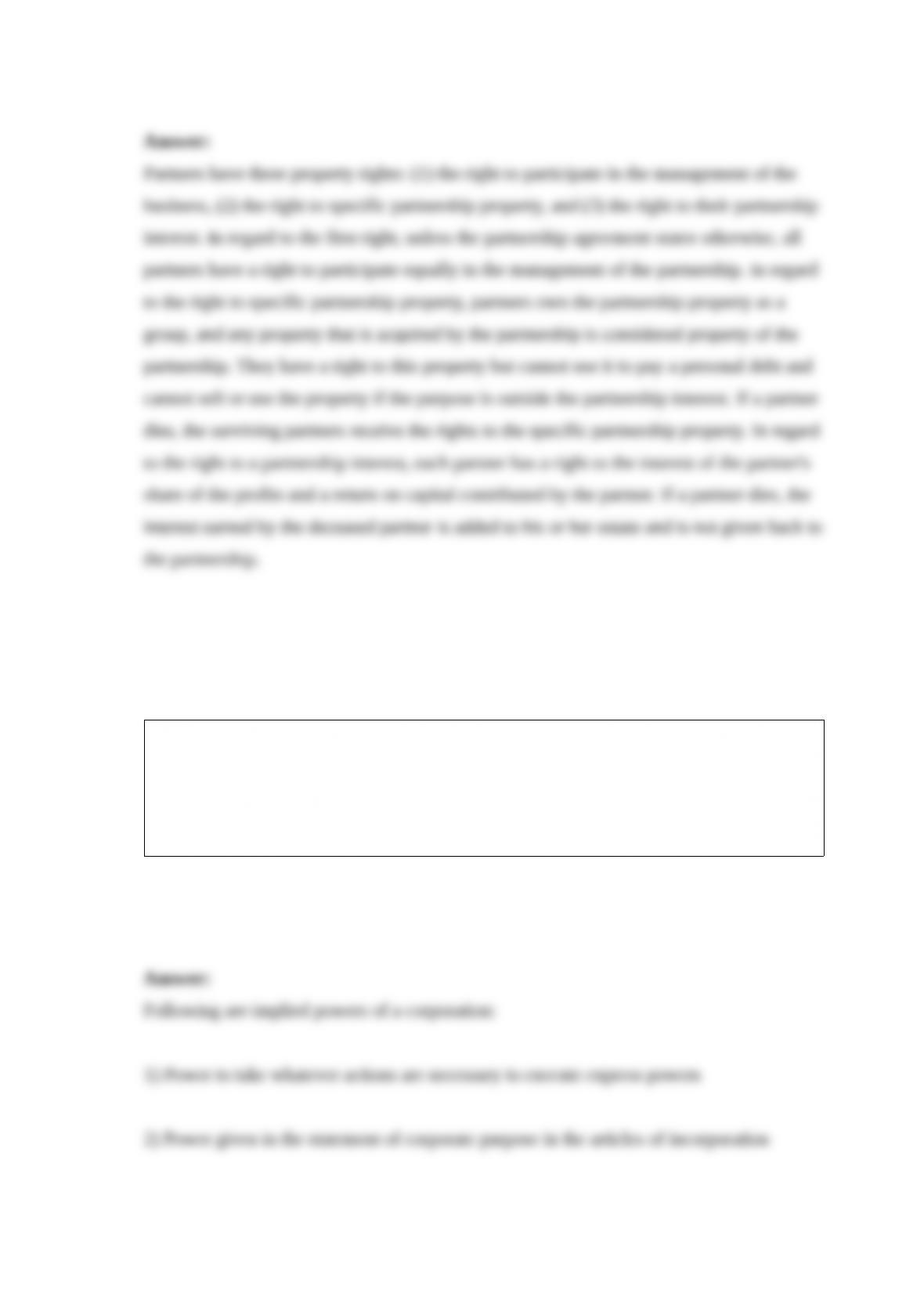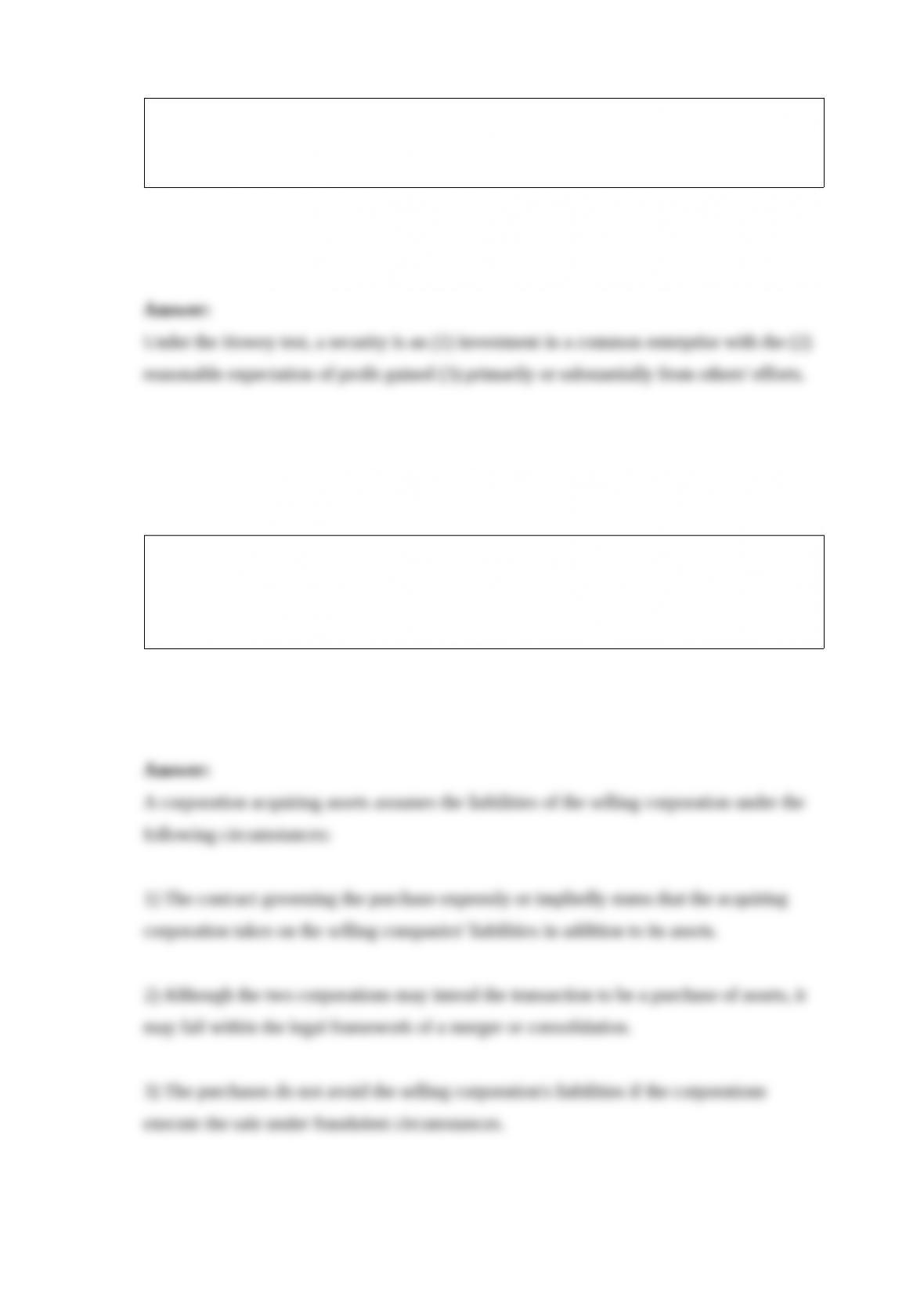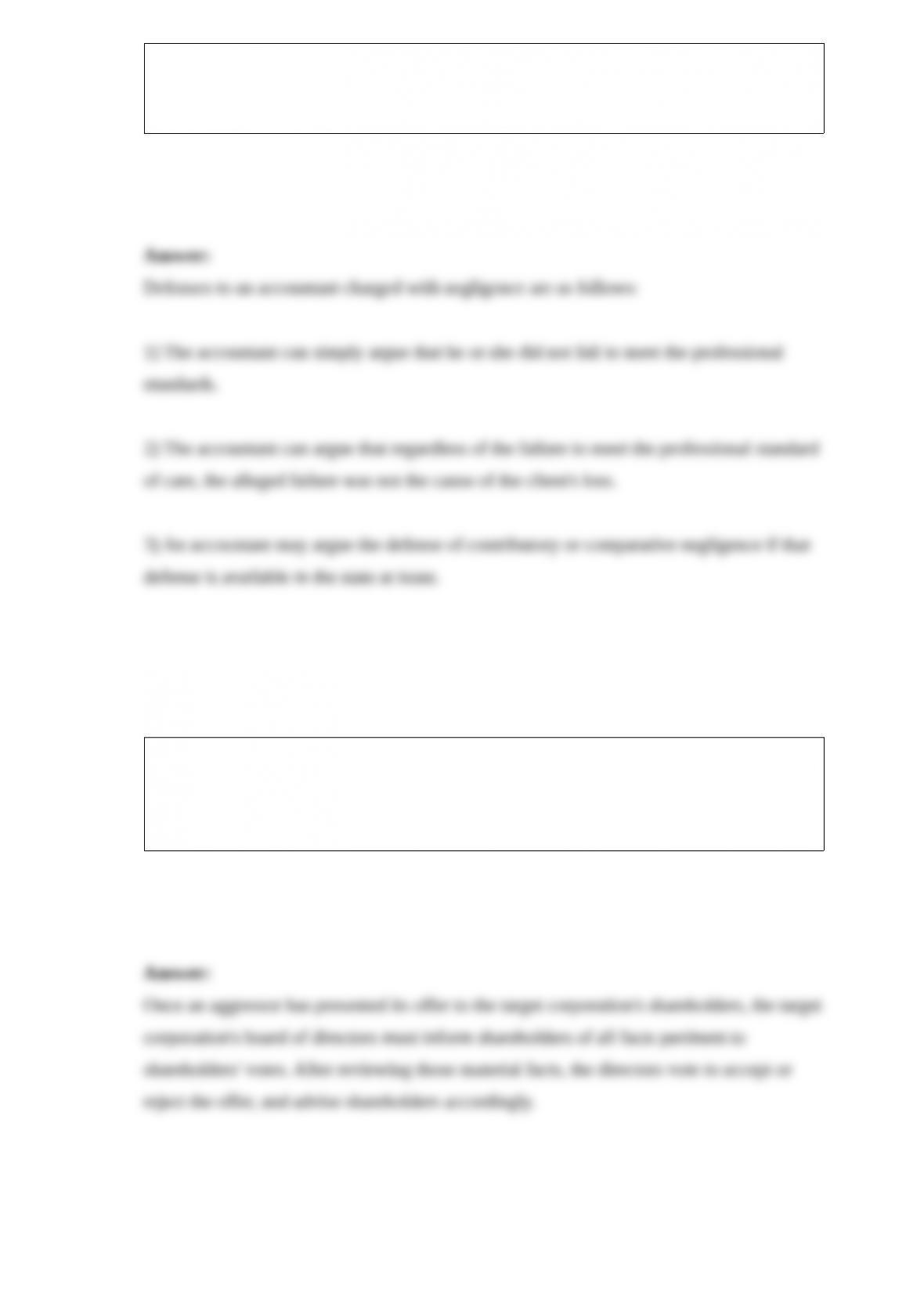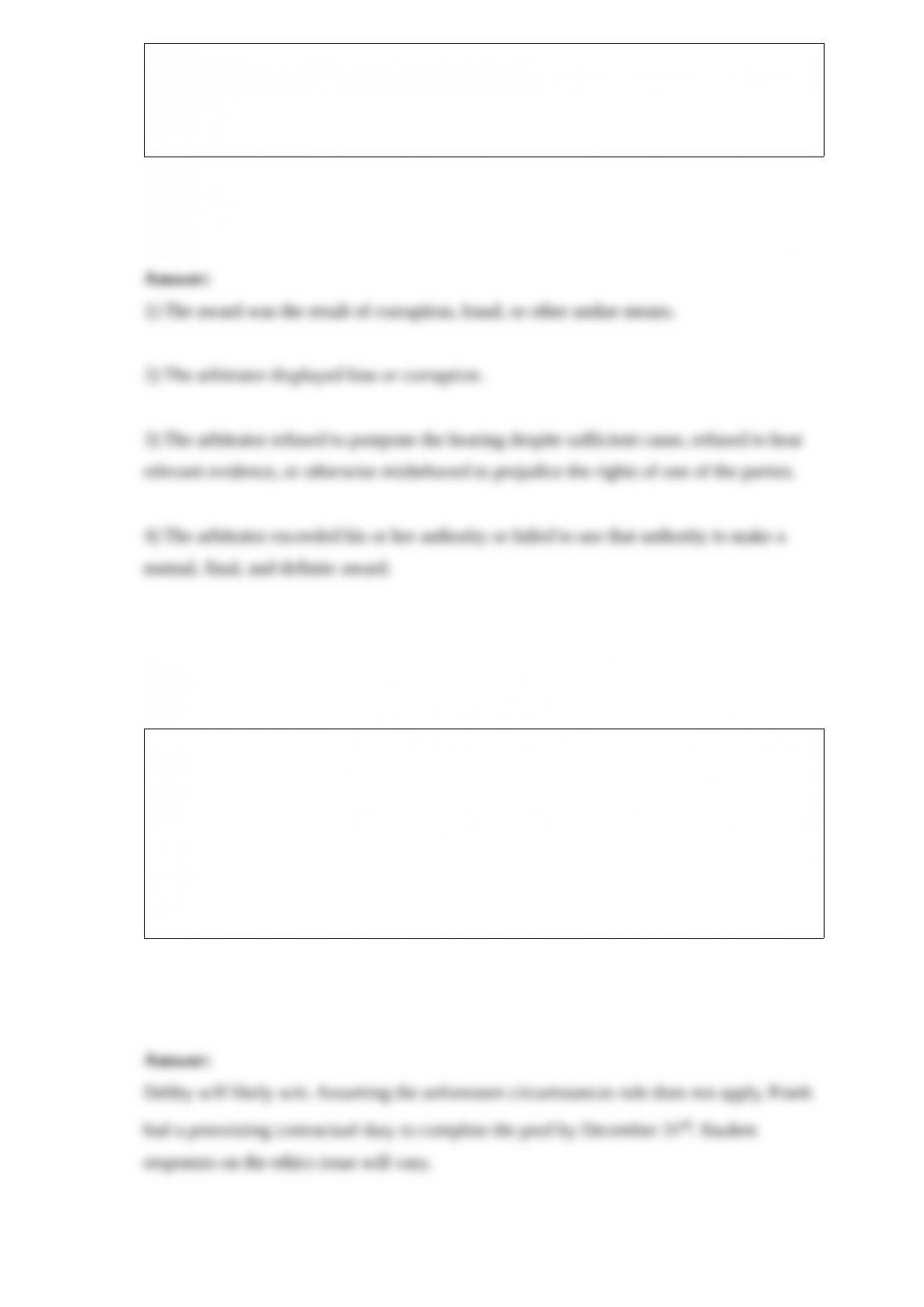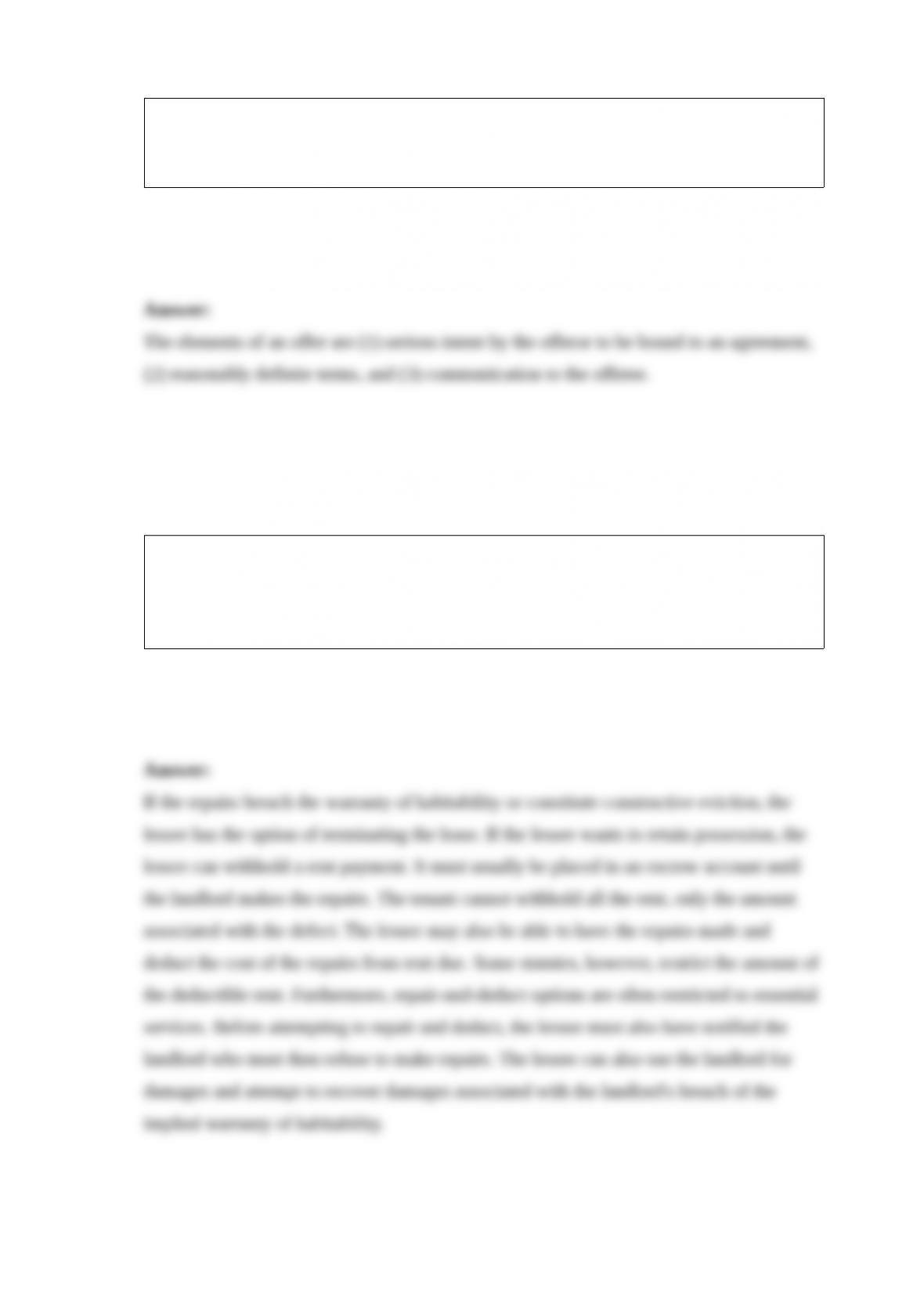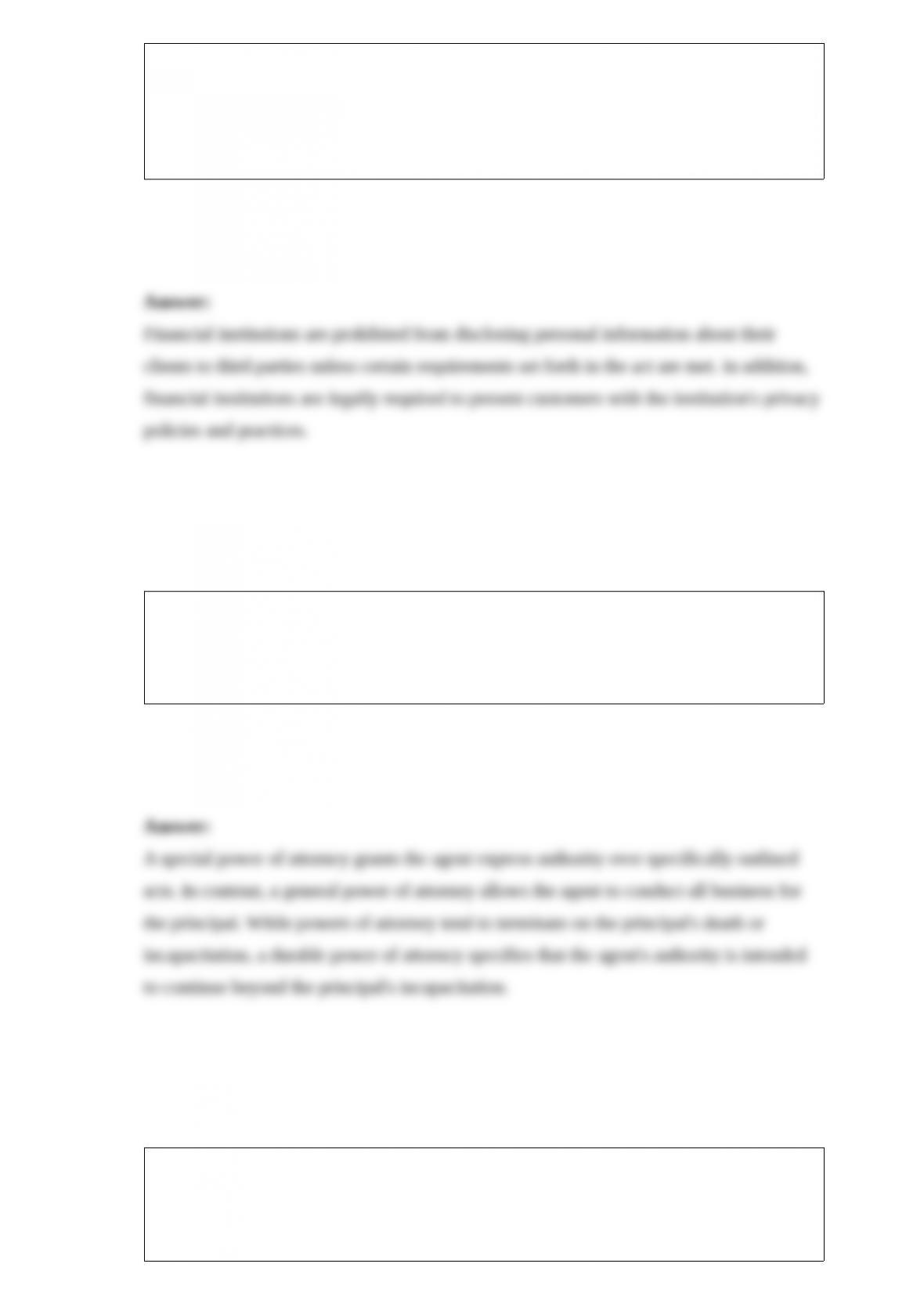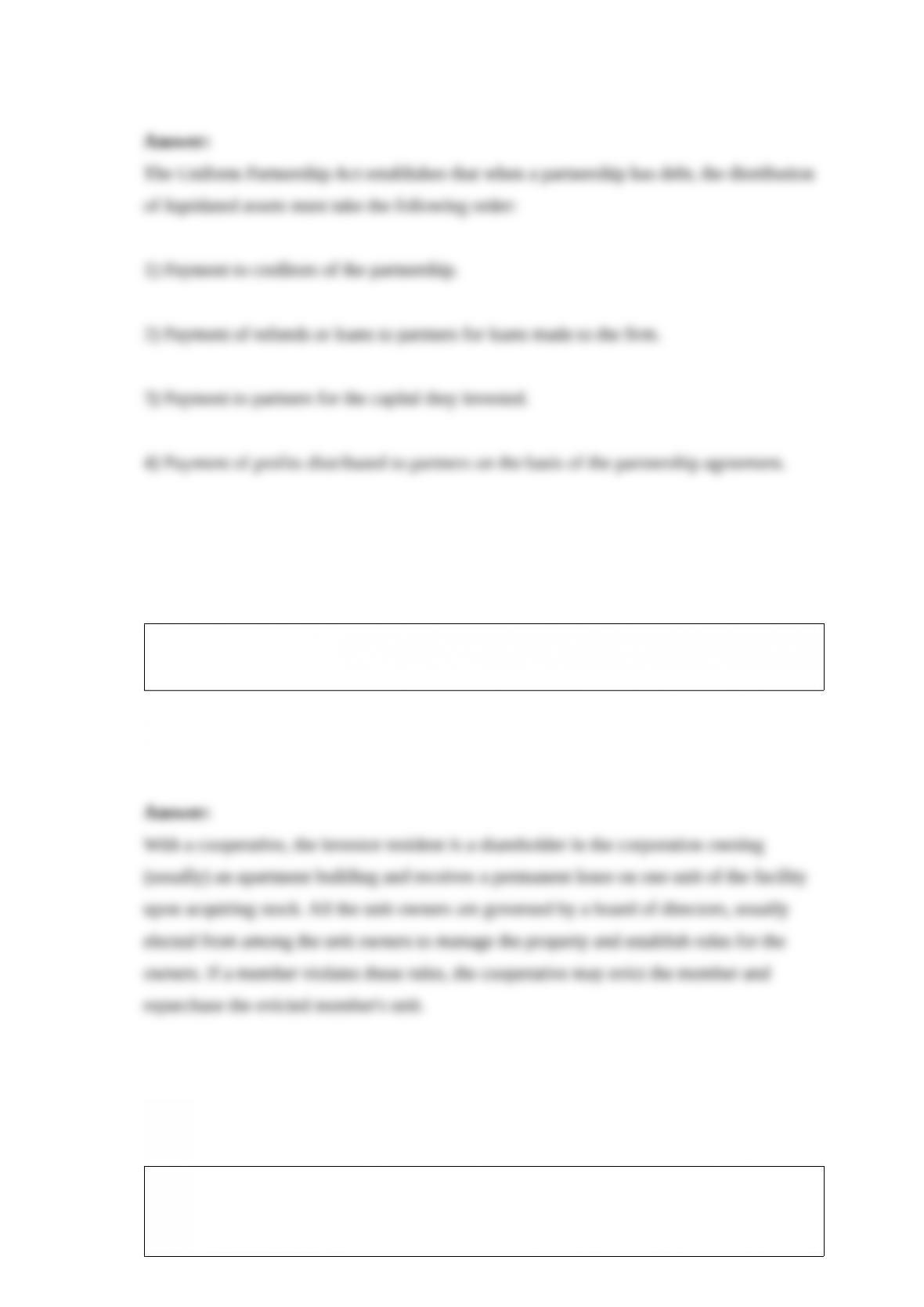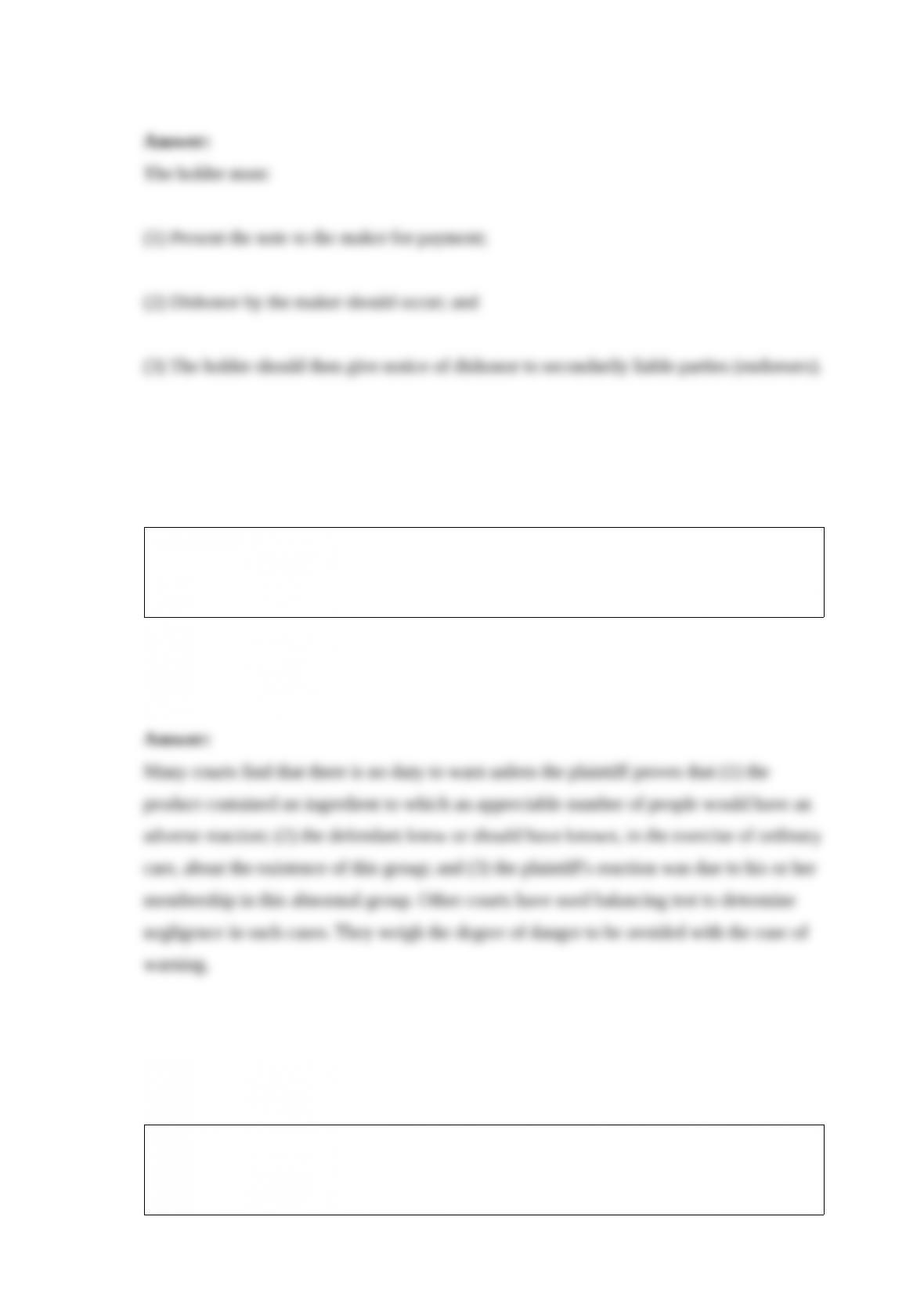"Union Avoidance." Penny owned and operated a large book store with 50 employees.
She was aware of union organization attempts. She prohibited any discussion of the
union and the distribution of literature at any time, including during employee breaks
and lunches in the employee break room. She told employees that she would refuse to
grant a raise to any employee who supported the union. Penny was extremely unhappy
when the union obtained enough support for an election. At that point, she promised
employees that she would give a $1,000 bonus to any employee who voted against the
union. Surprisingly to Penny, employees who voted overwhelmingly supported the
union. On the other hand, employees who voted failed to constitute all employees of the
book store. A number of employees were absent on the day of the election and did not
vote. Penny stated that it was her understanding that the union would not be certified as
the bargaining representative of the employees because fewer than 50% of the total
number of the store employees voted for the union. Penny further stated that, in any
event, she would not deal with the union under any circumstances.
Which of the following is true regarding Penny's statement that if employees would
refuse to elect the union, she would give each employee a $1,000 bonus, but that she
would grant no raises to union supporters?
A. She could legally promise benefits to employees if they did not elect the union, but
she could not threaten reprisals against employees who supported the union.
B. She could legally threaten reprisals against employees who supported the union, but
she could not legally promise benefits to employees who did not support the union.
C. She could not legally threaten employees who supported the union nor grant benefits
to employees who opposed the union.
D. She could legally threaten employees who supported the union and she could legally
grant benefits to employees who opposed the union.
E. Only so long as the amount at issue was no more than $1,000 per employee could
she legally grant benefits to employees who opposed the union, but she could not
legally retaliate against any employee for support of the union.



























